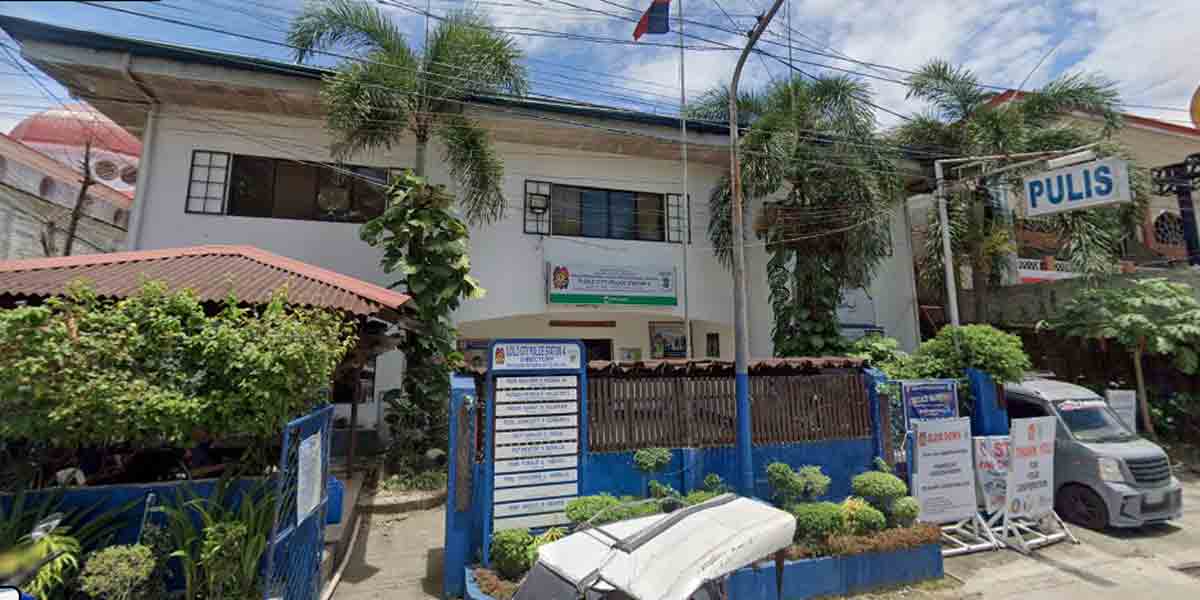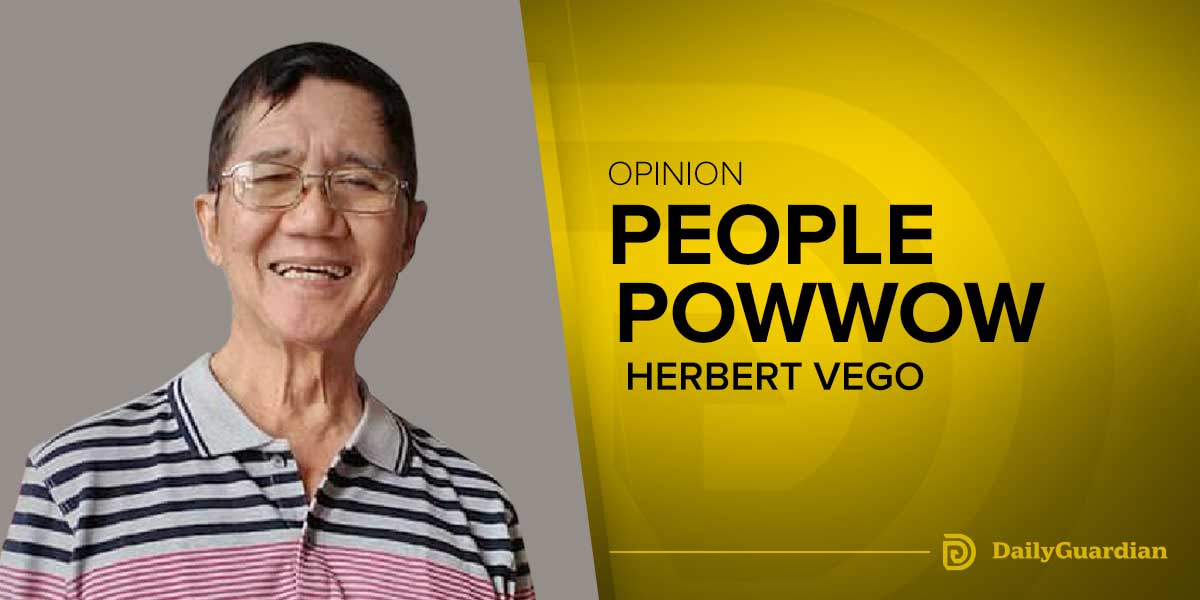By Francis Allan L. Angelo
On Wednesday last week, Julian Assange walked free. After 12 years of confinement, the WikiLeaks founder accepted a deal to plead guilty to one count of conspiring to obtain and disclose classified U.S. national defense information.
As analyzed by Katherine Viner, editor-in-chief of the UK-based newspaper The Guardian, the outcome, while seemingly a victory for Assange, raises significant concerns about the state of press freedom worldwide. The press’s role in holding the powerful accountable is under threat, and any capitulation to governmental pressure could undermine the very foundation of democracy.
The Erosion of Press Freedom
Julian Assange’s case is emblematic of a broader, disturbing trend. From the moment he entered the Ecuadorian embassy in London to his recent release, Assange has been a symbol of the press’s struggle against governmental overreach.
The charge he pleaded guilty to is particularly alarming because it underscores how easily governments can target journalists and whistleblowers under the guise of national security. This has a chilling effect on the press, deterring journalists from investigating and exposing abuses of power.
As highlighted by our editorial, Assange’s work with WikiLeaks revealed appalling abuses by the U.S. and other governments—abuses that would have remained hidden without the courage of whistleblowers and the diligence of investigative journalists.
The act under which Assange was charged does not allow for a public interest defense, meaning future administrations could use this precedent to further suppress journalistic endeavors.
The Global Assault on Journalists
Assange’s case is not isolated. Across the globe, journalists face physical and legal dangers. In Russia, Wall Street Journal reporter Evan Gershkovich faces espionage charges that his employer and the U.S. government describe as politically motivated.
In India, novelist and critic Arundhati Roy faces prosecution under anti-terrorism laws for comments made over a decade ago. In Gaza, more than 100 journalists have been killed since the war began, as revealed in a recent investigation by Forbidden Stories.
These cases illustrate a disturbing pattern: governments leveraging their power to silence dissent and scrutiny. The implications for democracy are dire. When journalists cannot operate freely, corruption, abuse, and tyranny go unchecked. The press is a crucial watchdog, and its erosion threatens the very fabric of democratic society.
The Local Perspective: Treñas and Central Market
This global trend has local echoes in the Philippines. Iloilo City Mayor Jerry Treñas recently lashed out at journalists reporting on the demolition of the 80-year-old Central Market façade. The eruption was broadcast via Facebook Live, with the mayor calling out Daily Guardian as one of the news organizations he might sue. He did apologize in general via Facebook and later met with the press corps, but the concerned reporters he called out and ranted against were not there.
Treñas’s threats of legal action against these journalists are a microcosm of the broader assault on press freedom. When local officials use their power to intimidate and silence the press, it sets a dangerous precedent.
The media must be vigilant and resilient in the face of such threats. Capitulating to officials, whether through legal means or fear of reprisal, signals weakness and undermines the press’s role as a pillar of democracy. The press must hold the powerful accountable for their actions, decisions, and words, ensuring transparency and justice.
The Far-Right Resurgence and Press Freedom
The rise of far-right movements globally further exacerbates the threats to press freedom. The specter of another Trump presidency, following the contentious debate with Joe Biden, looms large. Trump’s previous administration was marked by a combative relationship with the press, often labeling critical media as “fake news” and undermining public trust in journalism.
A resurgence of this kind of rhetoric and policy poses a significant risk. It emboldens other leaders to adopt similar stances, fostering an environment where press freedom is continually eroded. The global community must remain vigilant and committed to protecting journalists’ rights and ensuring that the press can operate without fear of retribution.
The Importance of Standing Firm
As we reflect on Julian Assange’s release and the broader implications for press freedom, it is crucial to remember the press’s indispensable role in a functioning democracy. The press must remain steadfast in its mission to expose the truth, hold the powerful accountable, and inform the public.
Governments and officials must recognize that a free press is not a threat but a cornerstone of democracy. Efforts to undermine, intimidate, or silence journalists in all forms—cooptation, legal warfare or lawfare, and even physical harm—must be met with unwavering resistance. The public, too, has a role to play by supporting independent journalism and advocating for press freedom.
The fight for press freedom is far from over. The press must continue to navigate the treacherous landscape of modern journalism with courage and integrity. By standing firm against threats and upholding the principles of transparency and accountability, the press can ensure that democracy not only survives but thrives.
Julian Assange’s journey is but another episode in the ongoing battle for press freedom. From the corridors of power in Washington to the streets of Iloilo City, journalists face threats that challenge their ability to perform their essential role. As we witness these challenges, it is imperative to understand that any capitulation to the powers that be, whether through legal means or fear, will ultimately undermine press freedom.
The press is meant to hold the powerful accountable, and any sign of weakness is an anathema to democracy. The community must remain steadfast in our commitment to a free and independent press, recognizing its vital role in safeguarding our democratic values. The road ahead may be fraught with challenges, but the press’s resilience and dedication to the truth will ensure that democracy endures.





















